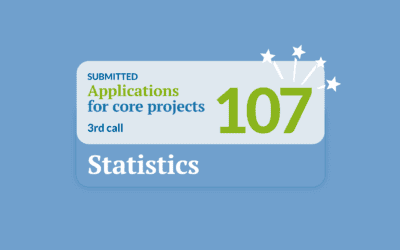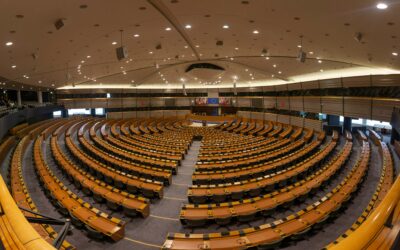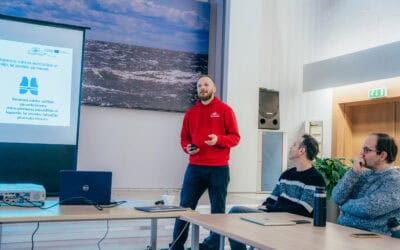Interreg Baltic Sea Region closed its third call for applications after having received 114 full-fledged project applications. The applications bring in a variety of new ideas on how transnational cooperation can make the Baltic Sea Region more innovative, better accessible and sustainable. They cover the Programme’s main thematic priorities and include an overarching goal for the projects to contribute to, which is increasing institutional capacity of public authorities at all levels of governance.

Third call banner statistics
Joint topics to tackle common challenges
After consulting almost 270 project ideas throughout the third call for applications, as many as 114 applicants submitted full applications. The applicants managed to involve almost 1100 partners from eight EU countries from around the Baltic Sea as well as Norway and Russia.
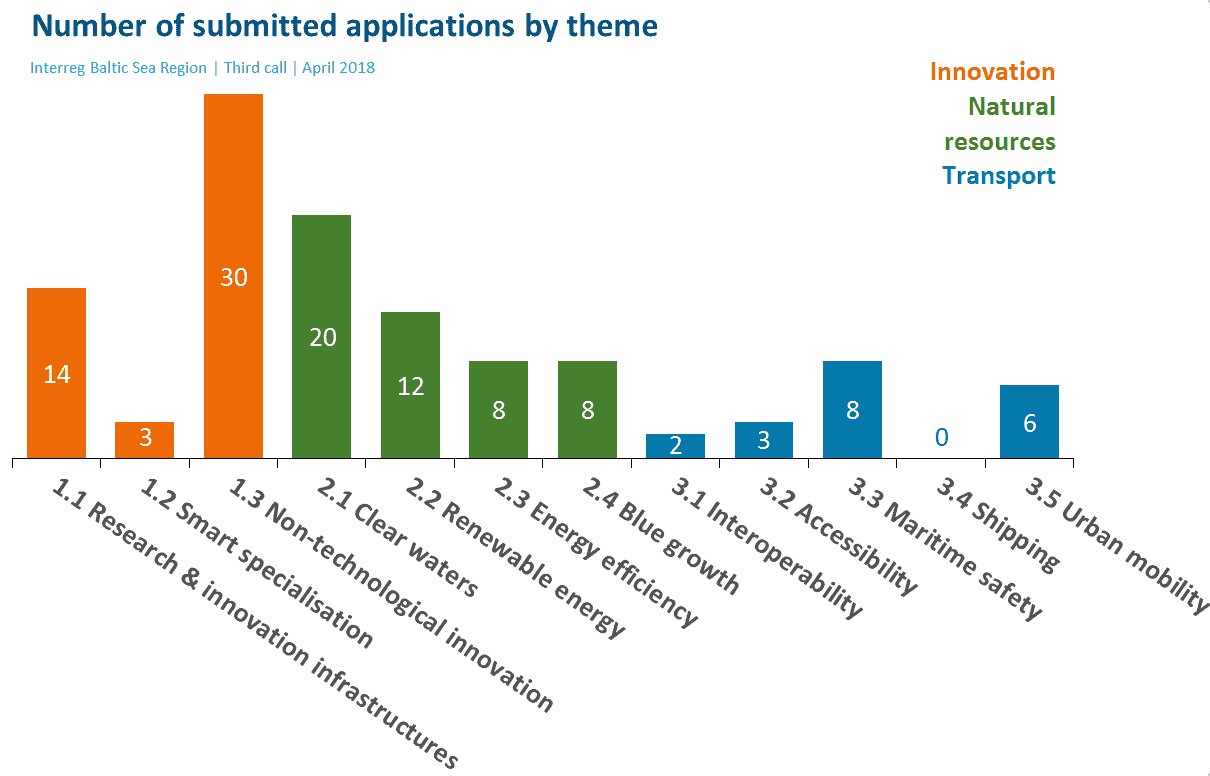
Number of submitted applications in third call by theme
How much funding is left?
As this is already the third call in the Programme period 2014-2020, the funds requested by 114 applications submitted surpass the amount available. The Managing Authority/Joint Secretariat (MA/JS) starts now the assessment of the applications that shall take a couple of months. On 19-20 September 2018, the Monitoring Committee of Interreg Baltic Sea Region convenes to select project applications for funding. “With the available amount of funding and the high number of submitted applications, I am sure that the Monitoring Committee will be able to select the best projects to contribute to the development of the Baltic Sea region,” says Eeva Rantama, team leader of the Project Unit at the the MA/JS.
Thematic wise, the applications cover all thematic priorities of the Programme and eleven out of twelve specific objectives within those priorities. The capacity for innovation priority and the management of natural resources take almost the equal share of applications (47 applications for innovation; 48 for natural resources). The majority of innovation projects head towards “non-technological innovation” (30 applications), whereas “clear waters” is the most popular topic within the management of natural resources (20 applications). As many as 19 project applications are interested in the thematic priority of sustainable transport, most of them aligning their project objectives with maritime safety (eight applications).
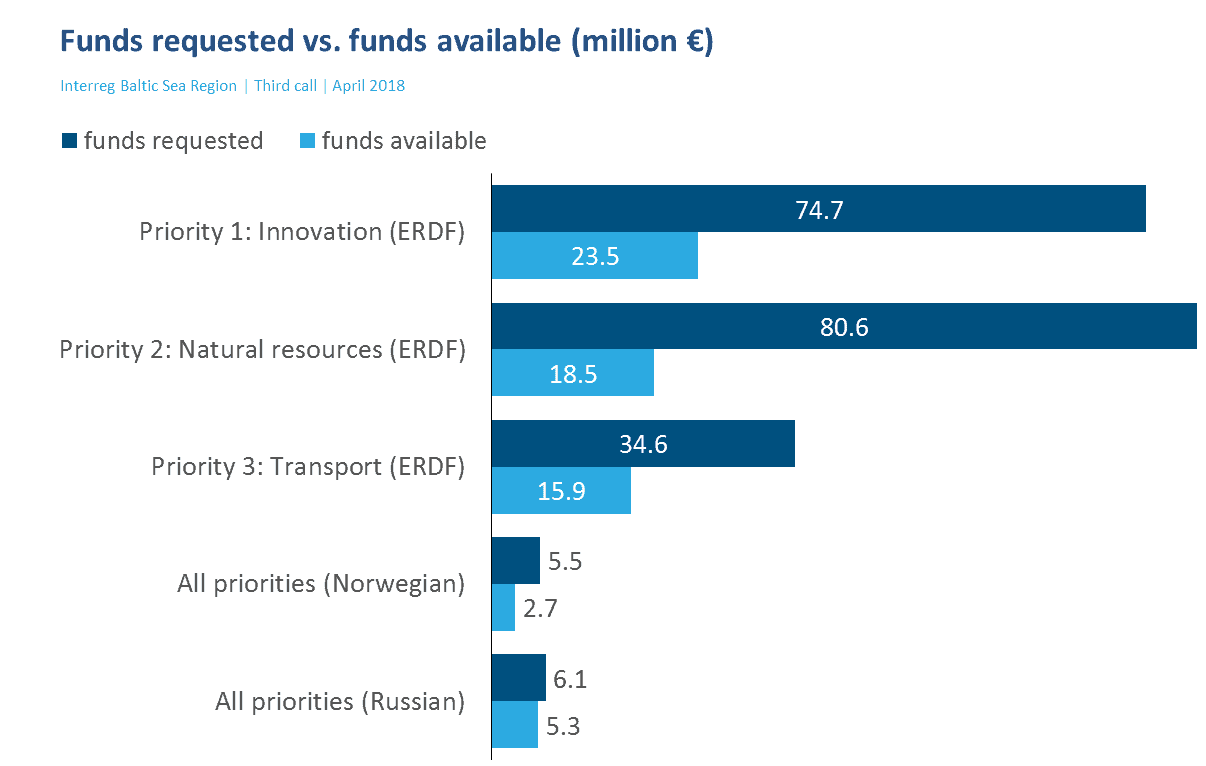
Requested funds in the third call
Additional Russian partners interested in cooperation in Interreg projects
After signing the Financing Agreement between the European Commission, Russia and Germany as the Member State hosting the Managing Authority of Interreg Baltic Sea Region, Russian partners can join the projects as regular partners and receive funding. In this call, 45 Russian partners participated in the submitted project applications, whereas the number of Russian partners who are already active in the second call projects amounts to 23. The Russian participation in Interreg projects is yet another proof that cooperation for the benefit of the Baltic Sea region works beyond the borders.



